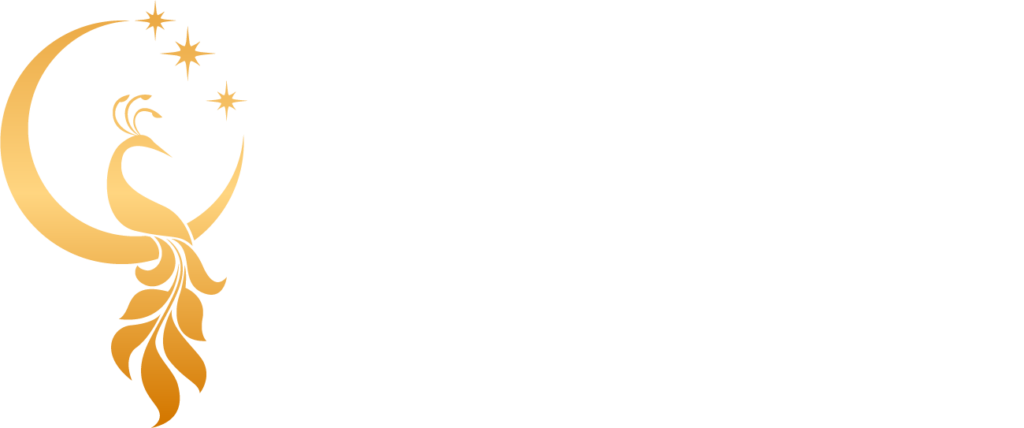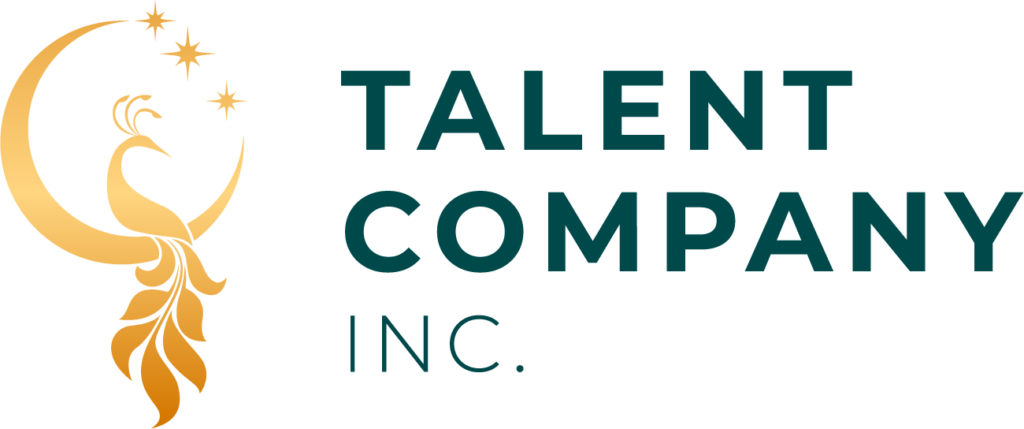One of the biggest issues in recruiting is that everyone wants people with a specific skill or they ask for a certain number of years of experience. In fact, at this point it’s almost a meme. We’ve all seen job ads that look a bit like this:

In fact, while researching for this article, it didn’t take me long to come across an “entry level” job ad that required ten years of IT experience and only had the “possibility” of a permanent position after the first ten months.
It sometimes seems as though hiring leaders are living in Fairyland. What’s worse is that if they looked in the mirror, they’d realize that they learned a lot of what they know “on the fly”. They didn’t get their job because they had the required amount of experience and all of the required skills. No one ever does.
It’s like leaders and recruiters are looking through a keyhole. Their vision is super focused and they can’t see beyond a certain point.
Having faith
Don’t worry, I’m not about to start talking religion. I’m not talking about having faith in a god or a belief system, but rather about having faith in people.
Next time you’re struggling to fill a job role or to find a specific skillset, ask yourself this: Did I get my job from having all of these skills and this experience, or was I given an opportunity to learn on the job because someone trusted me?
If you’re anything like me, the answer will be the latter. I’ve worked in a lot of different roles throughout the years, and I had a lot of firsts and built a lot of processes from scratch. If I didn’t have a skill that I needed, I learned it.
An example that hits close to home for me comes via my son, who has three years of college experience and four years of employment working in an education system where he interacted with parents, teachers and – of course – youth. He was told that he wasn’t qualified for a customer-facing role at a bank that needed six months of experience.
He had a strong GPA and an aptitude for numbers that was evidenced by his three years studying a finance business major with plenty of finance and accountancy classes. They didn’t even call him in for an interview, so it’s not as though they asked him any questions or he flunked a face-to-face. They just weren’t interested unless he had those six months of experience.
I find it odd that someone who spent three years at college and four years working was seen as too underqualified to learn to interact with people in a bank.
When I’m filling job roles, I think it’s more important to be able to think critically and to connect the dots. In some cases, that allows you to create something better than you otherwise would have because you haven’t done it before and you’re not held back by artificial limitations.
Isn’t that how we beat the competition – by not doing the same thing as everyone else?
Why are we so adamant about hiring people who’ve done XYZ in the past when we know that the future is in flux and that it’s built by those who disrupt and who do what other people aren’t doing? Why are we hiring people who’ve done XYZ when the future is more 789?
Let them learn
LinkedIn News recently posted an update saying that 59% of US workers are either actively looking to switch industries or are at the very least considering it. But I found the comments more interesting than the update, and especially this one by IT Support Specialist Edgar DeGuzman: “I’m not looking to change industries. I just wish hiring managers could see what I’m capable of and what I can do instead of just what I’ve done.”
Even with that said, we can learn from people who’ve changed industry. I laugh when people tell me, “I need someone from X industry.” Presumably they think that everybody in the adjacent industries aren’t as smart or don’t have great ideas.
Someone allowed you to learn, so why won’t you pay it forward and allow someone else to do the same? You know that skill you have that you learned on the job? You could only do that because a leader trusted you.
Ask yourself why your mentor/former leader took a chance on you and what characteristics they had. Don’t you want to be more like them and to follow in their footsteps?
What to look for
People who hire for talent instead of looking for people who can check the boxes look for three main things. They want candidates:
- Who’ve led tough projects in the past, whether at home or at work.
- Who’ve built something from scratch, led a project or done something complex with a large scope.
- Who ask good questions, who think critically and who make connections and correlations that others at their level often miss.
I recently shared a piece of advice on LinkedIn where I said that if you want to fill positions quicker, you should do two things:
- Hire for transferrable skills.
- Stop hiring by a checklist.
This isn’t just some wishy-washy thought leadership. This is what I’ve learned from the best leaders – those who have the most engaged and most productive teams. They experience their success because they continually move people around the department and around the business instead of following the Peter Principle and promoting them until they reach their level of incompetence.
Great leaders hire for talent and transferable skills, instead of trying to tick boxes on a checklist. It’s up to you whether you follow in their footsteps.


